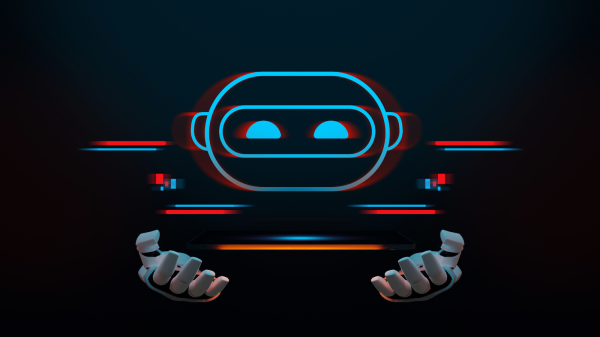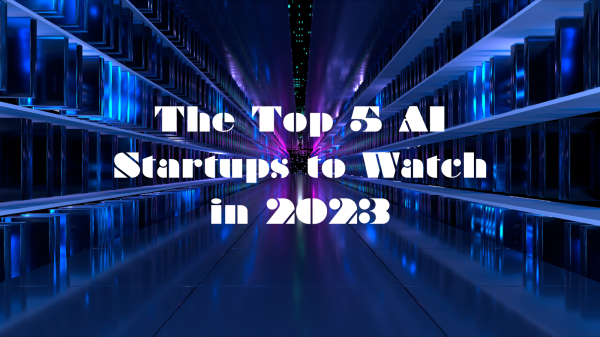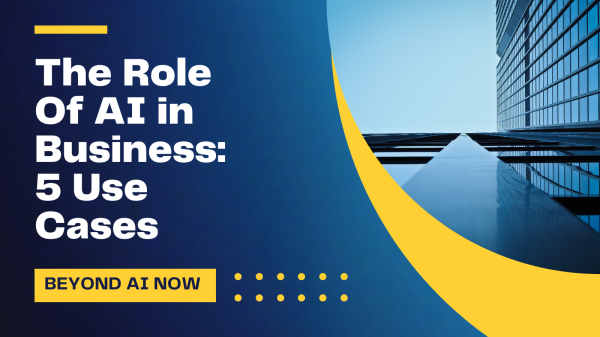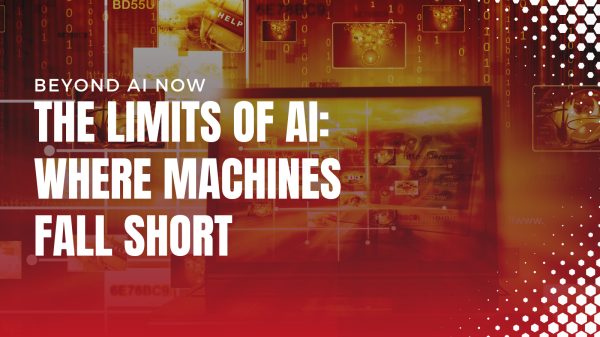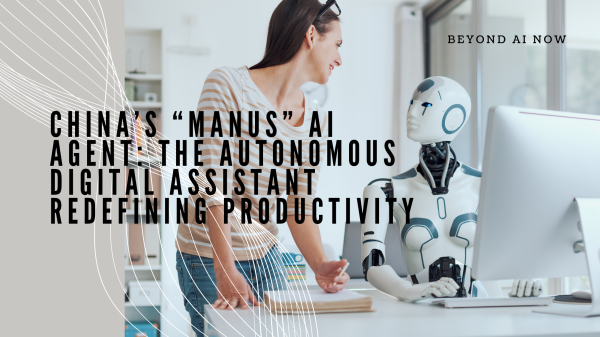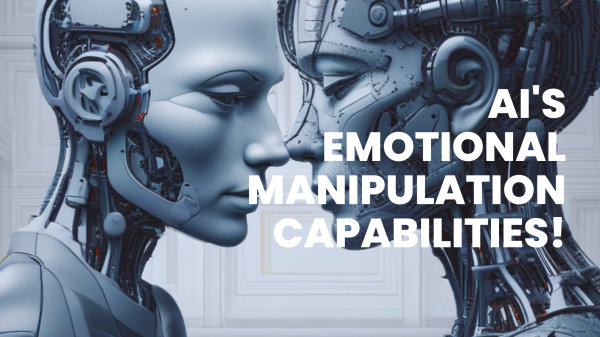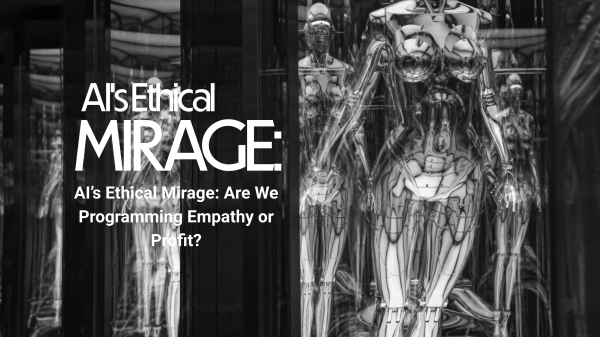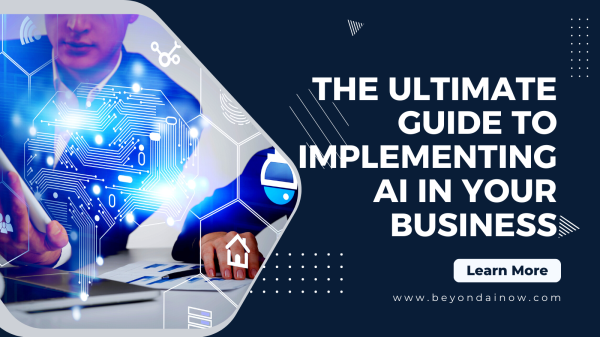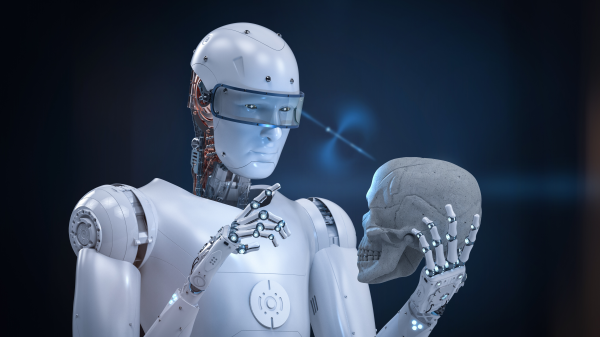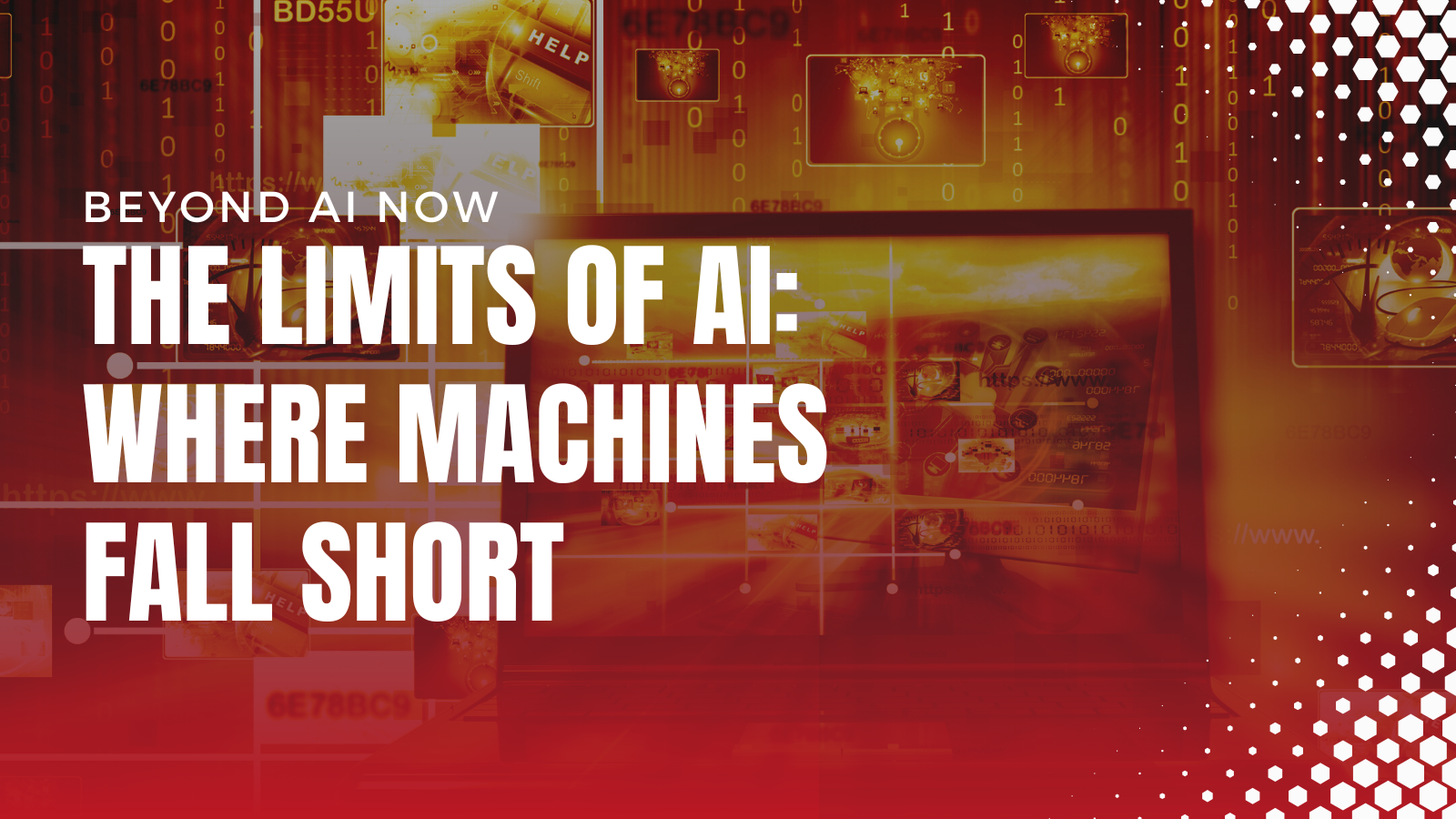Artificial Intelligence (AI) is a rapidly advancing technology that is changing the way we live and work. It is being used in industries ranging from healthcare to finance to entertainment. However, despite all its potential, there are still limits of AI. In this article, we’ll explore the areas where machines fall short and the challenges that come with developing AI that can match human intelligence.
Introduction
AI has made impressive strides in recent years, but it still has a long way to go to match human intelligence. While AI systems excel at performing repetitive tasks, they lack the intuition, creativity, and common sense that come naturally to humans. In this article, we’ll look at some of the limits of AI and the challenges that researchers and developers face in overcoming them.
Understanding the Limits of AI
Limited Contextual Understanding
One of the biggest challenges in AI is building systems that can understand context. AI models rely on data to make predictions, but they often lack the ability to understand the broader context in which that data exists. This can lead to errors and inaccuracies in the predictions made by AI systems.
Lack of Common Sense
While AI systems can be trained to perform specific tasks, they lack the common sense that humans take for granted. For example, an AI system may be able to recognize an object in an image but not understand its purpose or how it fits into a larger context.
Limited Creativity
AI systems can be trained to generate content or designs, but they lack the creativity of a human being. They can’t come up with truly original ideas or concepts that go beyond what they’ve been trained on.
Inability to Learn from Experience
AI systems can be trained on large amounts of data, but they don’t have the ability to learn from experience in the same way humans do. Humans can learn from just a few examples, while AI systems often require massive amounts of data to achieve similar results.
Lack of Emotional Intelligence
One of the areas where AI falls short is in emotional intelligence. Machines lack empathy and the ability to understand human emotions. This limits their ability to interact with humans in a meaningful way.

Challenges in Developing More Advanced AI
Data Bias
AI systems are only as good as the data they’re trained on. If the data is biased or incomplete, the AI system will be too. This can lead to serious consequences, such as perpetuating stereotypes or making inaccurate predictions.
Ethics and Accountability
As AI systems become more advanced, questions of ethics and accountability become more pressing. Who is responsible when an AI system makes a mistake? How can we ensure that AI is used for the greater good and not to the detriment of society?
Transparency and Explainability
AI systems can be opaque and difficult to understand. This can make it hard to trust them or determine how they arrived at a particular conclusion. Developing AI systems that are transparent and explainable is crucial for building trust and ensuring that they are used ethically.
Conclusion
While AI has made impressive strides in recent years, it still has its limits. Understanding these limits is crucial for developing more advanced and effective AI systems. As we continue to push the boundaries of what’s possible with AI, we must also grapple with the challenges of data bias, ethics, and transparency. Only then can we ensure that AI is used to benefit society as a whole.
FAQs
- What are the limits of AI? The limits of AI include its inability to fully understand context, lack of common sense, limited creativity, inability to learn from experience like humans do, and limited emotional intelligence. While AI has made significant progress, it still falls short in these areas compared to human intelligence.
- Why is common sense important in AI? Common sense is important in AI because it allows machines to make more informed decisions based on their understanding of the world. Without common sense, AI systems may be able to perform specific tasks but may lack the ability to understand the broader context in which those tasks exist.
- How do biases in data affect AI systems? Biases in data can significantly affect AI systems because these systems rely on data to make predictions. If the data used to train AI models is biased or incomplete, the resulting AI system will also be biased or incomplete. This can lead to inaccurate predictions, perpetuation of stereotypes, and other serious consequences.
- What are the ethical concerns surrounding AI? Ethical concerns surrounding AI include issues related to data privacy, accountability, transparency, and fairness. As AI becomes more advanced, questions of who is responsible for its actions and how it is used become more pressing. Additionally, concerns around AI’s impact on employment, inequality, and other social issues continue to grow.
- How can we ensure that AI is used for the greater good? Ensuring that AI is used for the greater good requires a multi-faceted approach that includes setting ethical guidelines, promoting transparency and accountability, and encouraging collaboration between stakeholders. Additionally, AI developers and researchers should strive to mitigate potential negative impacts of AI and prioritize using the technology to benefit society as a whole.

